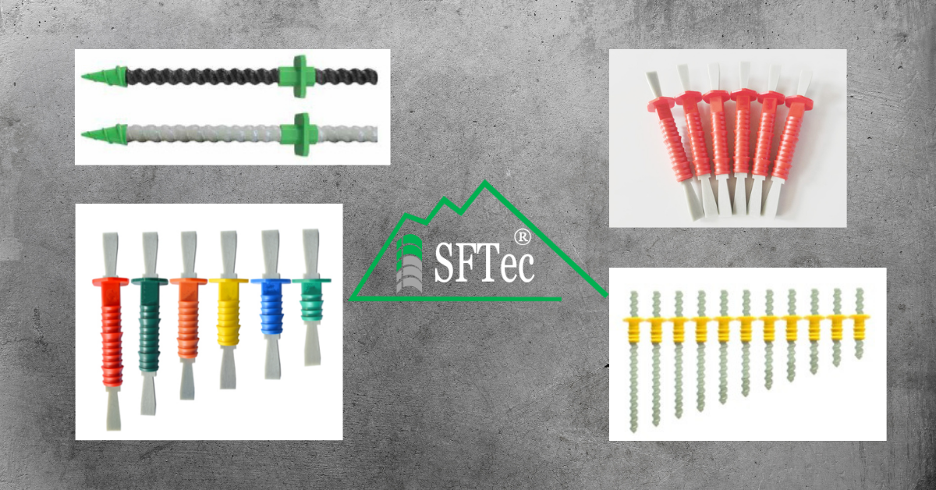Engineers are always looking for new ways to improve their construction projects, and one of the best ways to reinforce beams and joints of different materials, especially for steel and concrete, are shear connectors. Using shear connectors allows composite materials, like steel and concrete, to come together seamlessly. There are different shear connectors for various tensile strengths, shear strengths, and compression strengths, making sure that they work perfectly for any building project.
What Are Shear Connectors?
Shear connectors are fasteners which can be used to secure a building or an object to concrete or steel. They can help distribute shear resistant forces by reducing fatigue loading. They can be welded or attached mechanically when used for composite beam construction. There are various designs of shear connectors, from the headed or shear stud, to the block and hoop, and channel connectors, which range in size, color and material.
Why Are Shear Connectors Important?
Shear connectors are vital for creating strength at the connection points that reduce shear forces and stress. They are essential for construction projects because they hold together two different materials that would normally be difficult to connect. Having this reinforcement allows for more secure and long-lasting projects, while also being cost-effective.
What Are The Applications of Shear Connectors?
There are many applications for shear connectors, but most commonly they can be used for connecting upright steel beams to a concrete foundation, composite slabs to steel beams, metal roofing to interior ceilings, or load bearing beams to concrete flooring. Wherever reinforcement is needed at the connection point of two different materials like concrete and steel, shear connectors are the perfect solution.
Find information about the various shear connectors that we offer at SFTec here.



